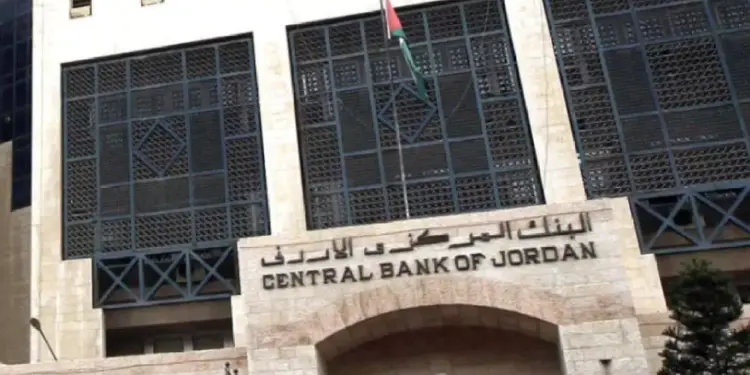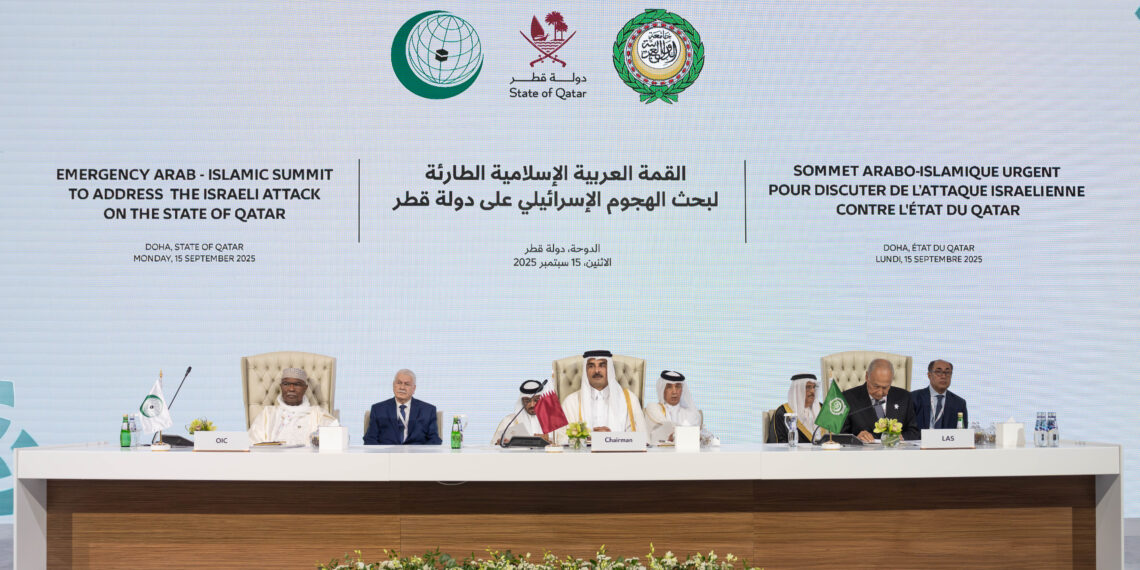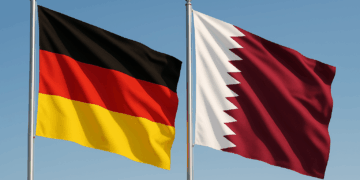The Governor of the Central Bank of Jordan, Adel Sharkas, projected that Jordan’s economy will grow by 2.7% in 2025, with an anticipated acceleration to 3.5% in the medium term. He attributed this growth to a tourism sector recovery and expanded trade relations with Syria and Iraq, according to recent economic estimates. Sharkas noted that inflation reached 2.2% during the first two months of the current year and is expected to stabilize at 2% in 2025.
This growth aligns with regional forecasts, with estimates indicating that the Saudi economy will grow by 4.6% in 2025, while the UAE economy is projected to achieve 4.5% growth this year and 5.5% in 2026. Sharkas expressed optimism about the resilience of Jordan’s economy, stating, “Our economy has demonstrated significant capacity to withstand challenges over the past five years, from the COVID-19 pandemic to subsequent external economic crises.” He added that Jordan attracted $1.3 billion in direct foreign investment during the first three quarters of 2024, while tourism revenues rose by 22% in January compared to the previous year.
The tourism sector holds a central place in Jordan’s economic plans, with the country aiming, through its 2021–2025 tourism strategy, to attract visitors by showcasing its cultural and natural heritage. The Jordanian banking sector pledged 90 million dinars ($126.92 million) to support health and education projects over the next three years. Prime Minister Jaafar Hassan affirmed that banks have been a cornerstone of the national economy, highlighting their significant development over the past quarter-century and their prestigious global financial strength ratings.
In March, a study began to finance five projects worth $900 million to support economic reforms, social protection, and entrepreneurship in Jordan.







